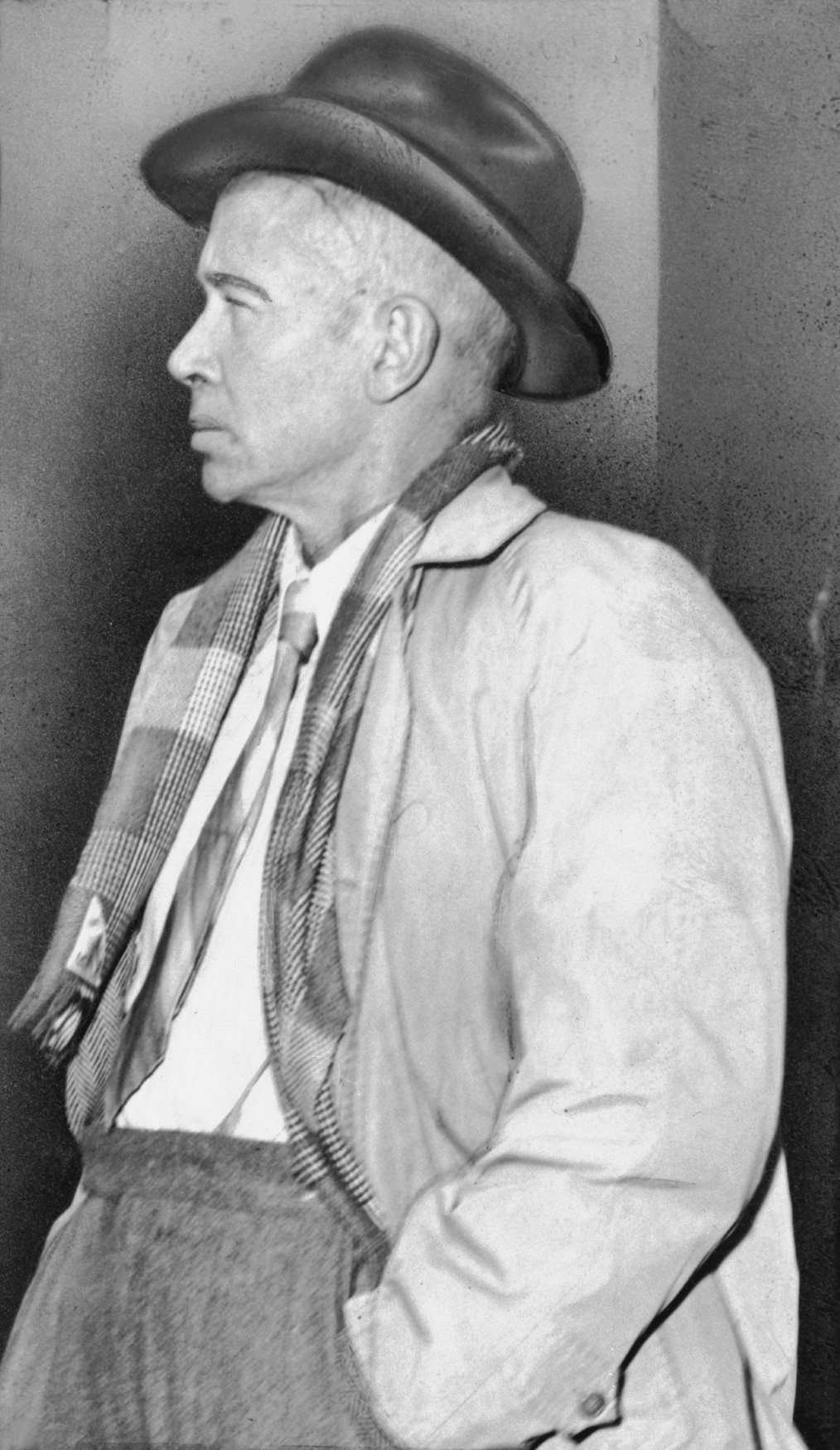„sercu zaufaj
gdy morza ogień ogarnie
(i żyj miłością
choć gwiazdy pędzą wspak)”
Źródło: zgłębij marzenia
